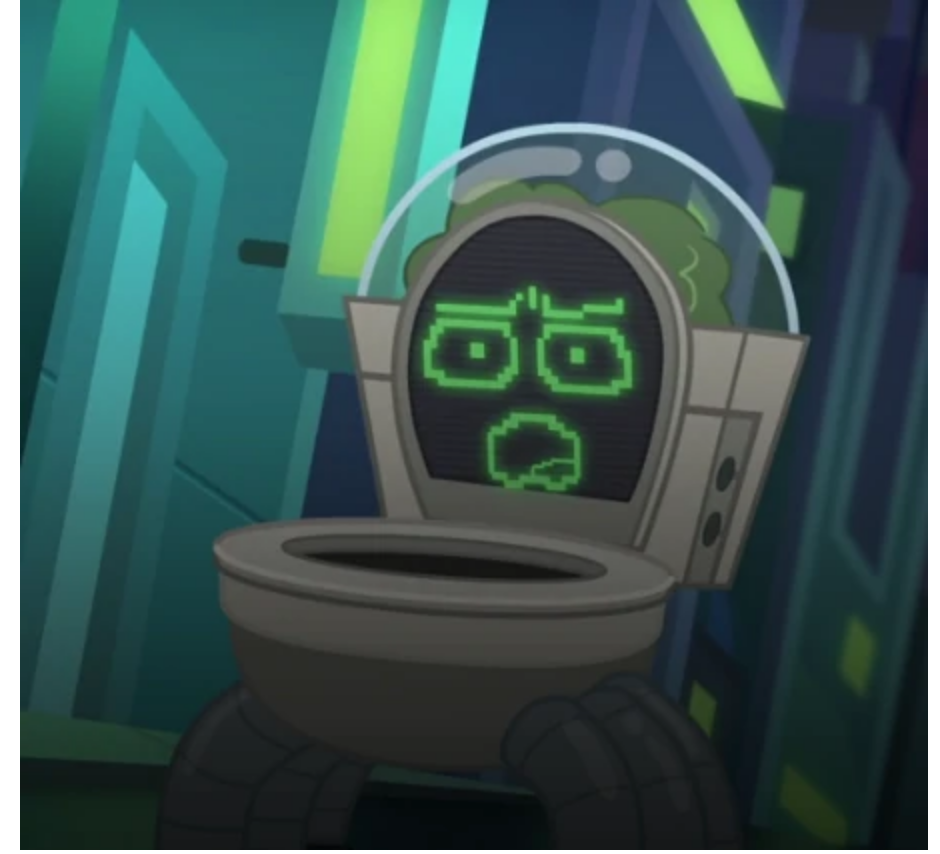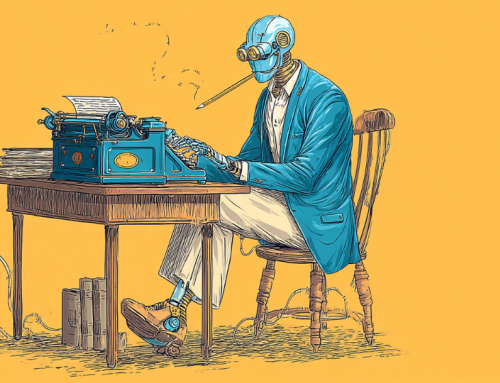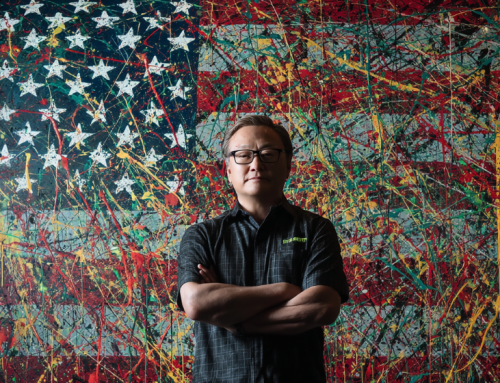
Adding AI to toilets is helping Duke University track the health of individuals by monitoring waste for disease.
Smart Toilets Become Lab Assistants for Medical Monitoring
Let’s be clear right from the start—this article isn’t going to be for everyone. That is to say, this tech isn’t going to be for everyone. It involves one of a human’s most private moments and exposing that moment to an algorithm. Victor Tangermann drew the assignment from futurism.com to write about Coprata and Duke University’s project with smart toilets.
The article is about the revolution taking place in smart toilets. When we say smart, we mean examine your waste and report on its chemical makeup. All without the involvement of human hands.
Sonia Grego, the co-founder of Coprata, a Duke University-affiliated physiological monitoring startup, wants to revolutionize the way we do our business by scanning samples of our poop and urine for health indicators, including chronic diseases and even cancer, The Guardian reports.
Another company, called Toi Labs, took that idea a step further with its TrueLoo smart toilet seat, which collects an even broader selection of biometrics.
“What do they weigh? How are they sitting on the seat?” founder Vik Kashyap told The Guardian. The seat can then analyze stool samples “using optical methods, looking at things like the volume, clarity, consistency, color.”
Now products like this are designed for older humans and they are intended to pick up patterns as well as chemical compositions. And that’s where it starts to get a little concerning. Having an algorithm reporting your waste chemicals could mean higher insurance rates and maybe even consequences, in some cases, if drugs are found in urine.
“Once you start to measure something that is of the body, the privacy line is stepped over,” Phil Booth of MedConfidential told The Guardian.
Then there is the part where the algorithm becomes really knowledgeable about your analprint and its size. Really creepy stuff for most, but possibly a life-saving advancement for many as well. It’s not just Duke that’s interested in our “dookies.’ Researchers at the Stanford School of Medicine have been working on technology that can analyze feces (including “stool dropping time”) and track the velocity and color of urine, as well as test it.
An article this month in the Wall Street Journal reported that the researchers have partnered with Izen, a Korean toilet manufacturer, and hope to have prototypes by the end of the year. To differentiate between users, Izen developed a scanner that can recognize the physical characteristics of whoever is sitting on the toilet – or, in the words of the researchers, “the distinctive features of their anoderm” (the skin of the anal canal). Apparently, your “analprint,” like your fingerprints, is unique.
If you are still reading you may want to get the rest of the story at the link below.
read more at futurism.com







Leave A Comment